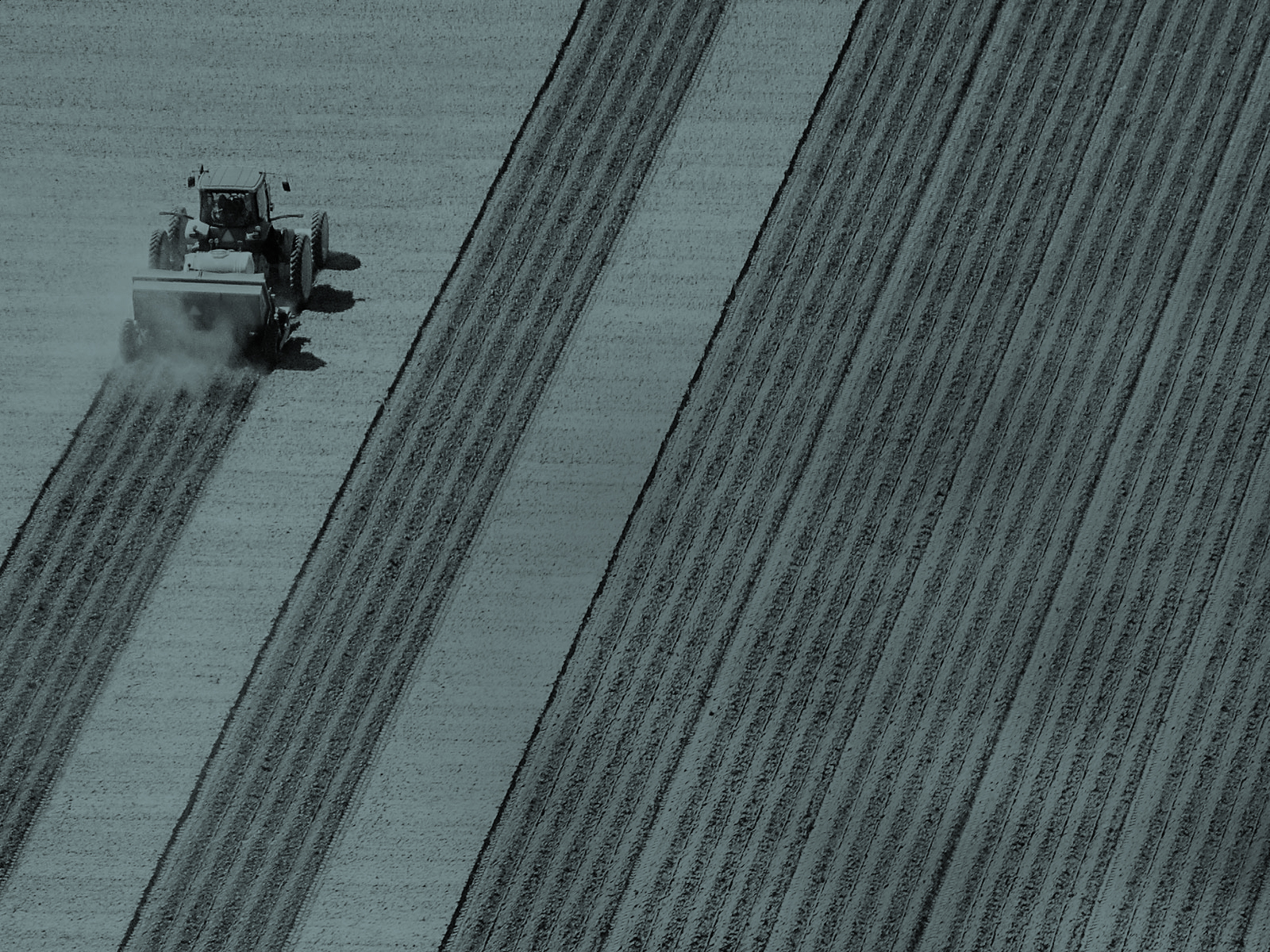The alliance will invest in projects across six African nations: Ethiopia, Tanzania, Ghana, Ivory Coast, Mozambique and Burkina Faso. Forty-five private-sector firms, including Cargill, DuPont, Rabobank, Unilever and SABMiller, have committed to invest more than $3 billion throughout the agricultural value chain: in irrigation, processing, trading, financing and infrastructure.
The money is certainly needed. We live in a world where a billion people go to bed hungry and 170 million children suffer from chronic malnutrition, where government efforts to alleviate these problems have continually failed to deliver. For example, the G8 Aquila meeting in 2009 committed to investing $22 billion in food security by 2012. Time's up, but only half of the money has been disbursed.
The Chicago promise is sounder than the Aquila version for a simple reason: it relies less on stretched/shrinking international aid budgets and more on private sector money/leadership. Yet there’s a caveat. Multinationals, African governments and not-for-profit agencies are uneasy bedfellows. Understandably, charities harbour deep suspicions about the private sector's role/motivation in national food security plans: whatever they say about CSR, agribusinesses exist to make a profit.
But here’s the point: the only way the world can feed seven billion mouths nutritiously is by forming cross-stakeholder alliances (governments, private sector, agencies, charities, donors) that reconcile a multinational's need for profit with a smallholder's need for income, a mother's need to feed her baby and a nation's need for food security. Partnerships that develop Africa's agricultural base, which help rural communities by creating stable markets for smallholders, can do just that.
Here’s an example: in Ethiopia, Pepsi are partnering with the World Food Program and USAID to fund better seeds and drip irrigation systems so farmers can improve their yield of chickpeas. It’s a project that makes business sense (creating a stable supply chain for Pepsi), while helping smallholders and giving the WFP excess chickpeas to fight famine. Creating a sustainable chickpea market benefits all, from shareholders to consumers to the most vulnerable.
EthioPEA is a good start but the world needs many more collaborations that harness the skills and capacities of the profit and not-fot-profit sectors. The challenge of building trust and commitment between strange bedfellows is one we'll be exploring at The Economist's Feeding the World conferences in Johannesburg and Singapore.
But let’s start the debate here. If you have a view on how to create partnerships with impact, please share it.
The views and opinions expressed in this article are those of the authors and do not necessarily reflect the views of The Economist Intelligence Unit Limited (EIU) or any other member of The Economist Group. The Economist Group (including the EIU) cannot accept any responsibility or liability for reliance by any person on this article or any of the information, opinions or conclusions set out in the article.




